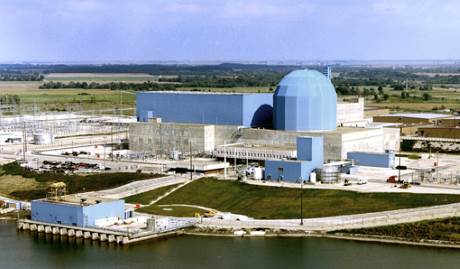US utility Exelon will defer any decision about the future operations of its Clinton nuclear power plant for a year after the Midcontinent Independent System Operator (MISO) regional transmission organization acknowledged the need for changes to the design of the southern Illinois electricity market.
 |
| Clinton (Image: Exelon) |
MISO's acknowledgement of the need for market design changes was a key factor behind the deferral decision, Exelon said. An issues statement released on 27 October by MISO noted that reforms to its capacity market process may be required to drive future investments and ensure reliable electricity supplies, and said it planned to engage with stakeholders to consider such reforms.
Other factors cited by Exelon include recent positive results from the Ilinois Power Agency's capacity procurement for 2016 and the long-term impact of the US Environmental Protection Agency's proposed Clean Power Plan, which will require states and the power sector to find the most cost-effective solutions to achieve significant reductions in carbon emissions from power plants.
The short-term nature of deregulated electricity markets have left some US nuclear power plants at risk of premature closure for economic reasons, despite their long-term future and their potential contribution to achieving greenhouse gas emissions targets. Clinton, a single-unit 1065 MWe boiling water reactor, is one of five Exelon units in the state of Illinois that are also facing the possibility of premature closure due to profitability issues.
Market reforms and legislation to enable low carbon energy sources to compete on an equal footing have been suggested as ways of addressing the issue. Earlier this year, the Illinois Senate Energy and Public Utilities Committee passed legislation establishing a Low Carbon Portfolio Standard to reduce carbon emissions, increase renewable energy and maintain a stable and secure electricity supply in the state, allowing all low carbon energy sources to compete equally and supporting the continued operation of the state's 11 nuclear units.
Exelon president and CEO Chris Crane said that the company was "encouraged" by MISO’s statement and the potential for market reforms. “However, the Clinton plant remains unprofitable and more needs to be done," he said.
Clinton will be entered into MISO's capacity auction for the 2016-2017 planning year, which is scheduled to take place in late March 2016.
Researched and written
by World Nuclear News







_97013.jpg)






